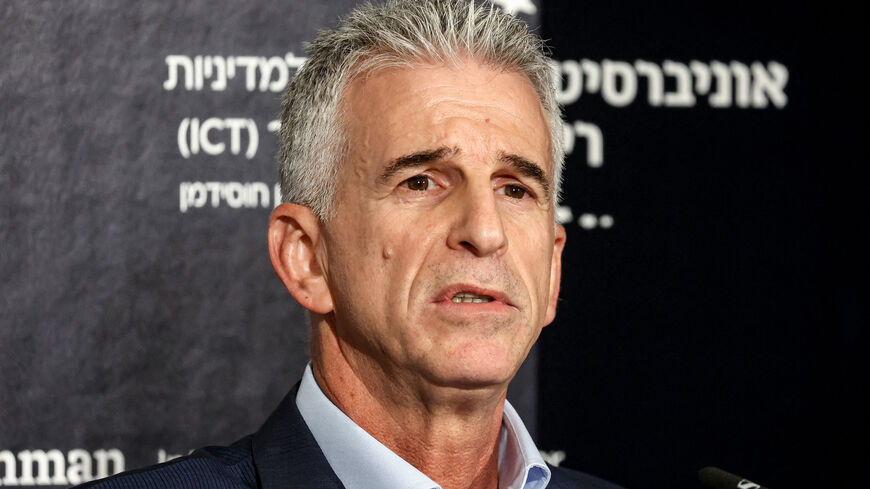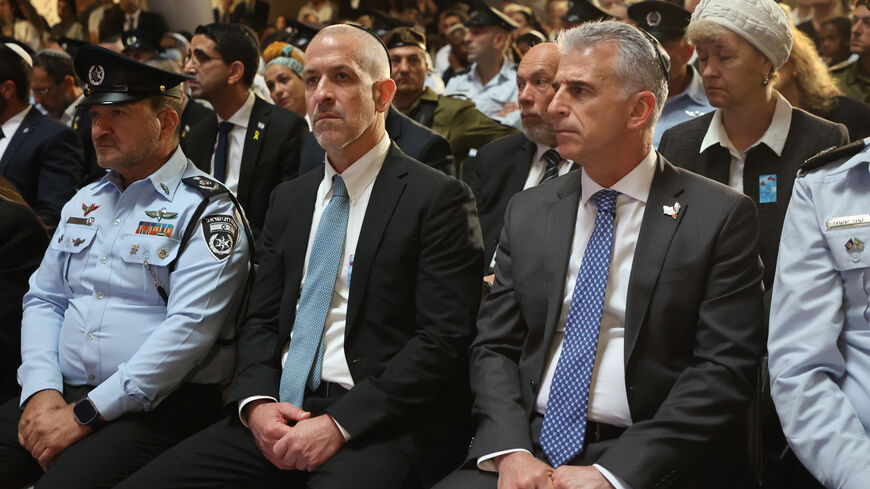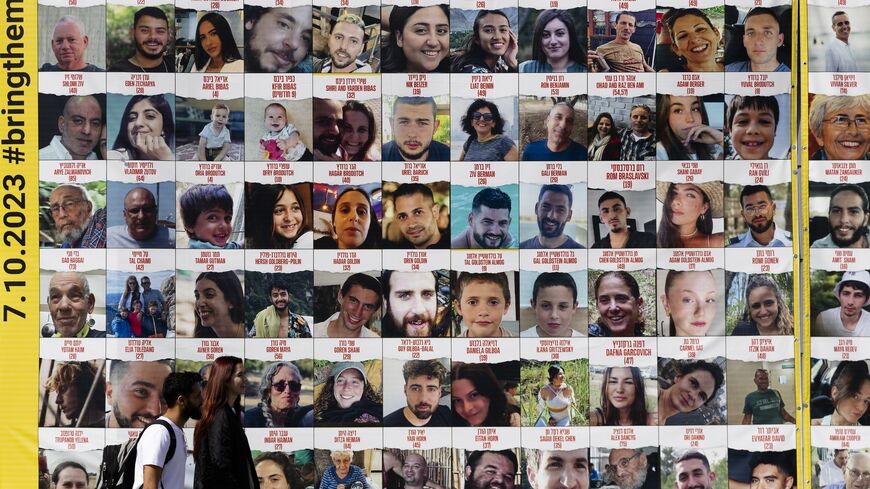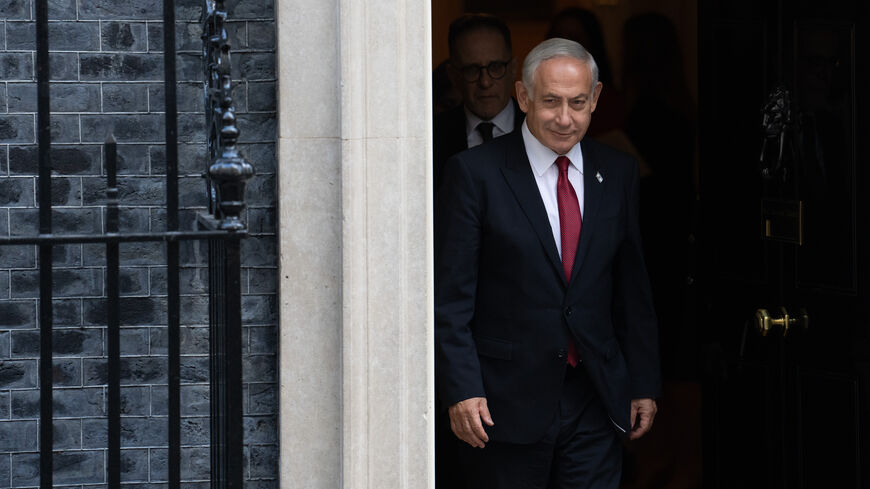After Cairo talks, Israel says 'updated' Gaza truce deal on the table
The office of Prime Minister Benjamin Netanyahu says a new deal is now on the table for the release of hostages, awaiting response by Hamas.

An Israeli delegation tasked with negotiating a ceasefire in Gaza in exchange for the release of hostages is on its way back from Cairo following an intensive round of talks on an “updated proposal” drafted by the mediators, according to a statement from Prime Minister Benjamin Netanyahu’s office.
"As part of the talks, conducted with the helpful mediation of Egypt, the mediators formulated an updated proposal that will now be put forward to Hamas," the statement read. "Israel expects the mediators to work relentlessly vis-a-vis Hamas to promote negotiations in favor of a deal. The State of Israel continues to make all the necessary efforts to free the hostages from the hands of Hamas and bring them home to Israel."
The delegation — consisting of top officials from the Mossad and Shin Bet — arrived in Cairo on Sunday for the talks that are being mediated by Egypt and Qatar.
The Israeli statement came as family members of hostages arrived to the Knesset in Jerusalem on Tuesday to put pressure on the government into accepting a hostage release/Gaza cease-fire deal with Hamas. Some of the relatives chained themselves to the table in the room where the Knesset Foreign and Security Affairs Committee was set to convene.
The negotiating team's trip to Cairo came after spending several days in Doha last week. Mossad chief David Barnea, who is spearheading the talks, did not travel to Egypt this time around.
An Israeli source familiar with the negotiations expressed cautious optimism on the talks on Monday. Speaking with Haaretz, the source said the negotiations are not deadlocked and that the contacts continue. The source noted that Israel has detected some potential for progress. "We need to see if Hamas makes a real proposal, based on the current flexibility presented by Israel. [Hamas' chief in Gaza Yahya] Sinwar has to decide if he is interested in a humanitarian pause of six weeks or the continuation of harming the residents of the Gaza Strip," the source said.
The Israeli war cabinet decided Sunday to expand the mandate of the negotiating team, with more flexibility on the issue of the number of Palestinians that could be authorized to travel back to the north of the Gaza Strip. The return of Gazans to the north is one of the conditions set by Hamas for a deal, alongside stopping the fighting, a withdrawal of the Israeli military from the Strip, expanding humanitarian aid and releasing hundreds of Palestinian prisoners incarcerated in Israel, including those convicted for murder.
Last Tuesday, released hostage Amit Soussana told The New York Times she was sexually assaulted and attacked by her Hamas guard during her captivity in Gaza. It was the first time a freed hostage spoke publicly about experiencing sexual abuse while in captivity. After her testimony, some 20 family members of hostages called for Netanyahu to resign immediately, blaming him for obstructing talks for a deal.







